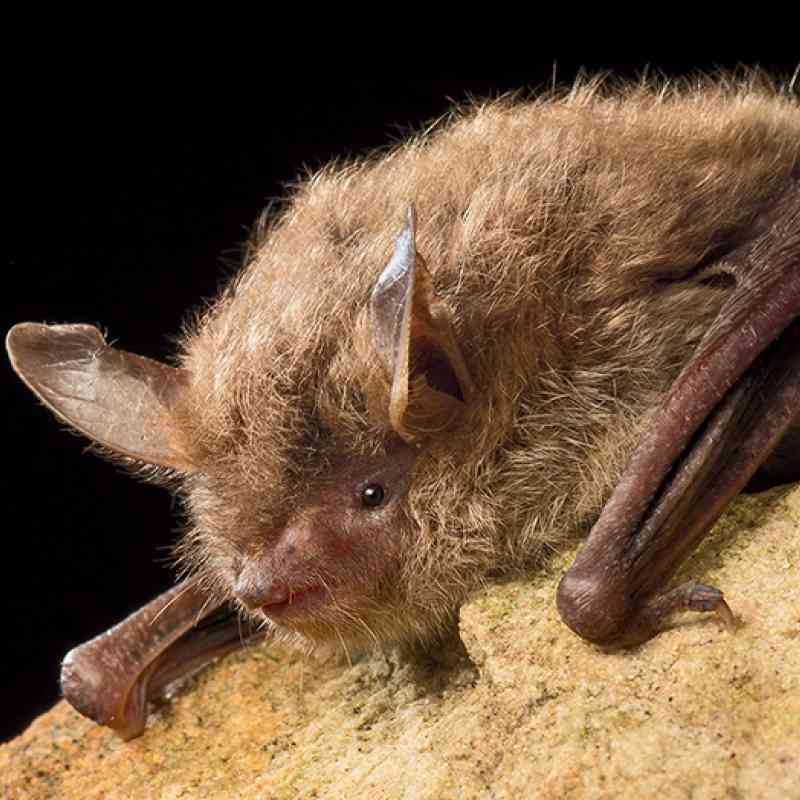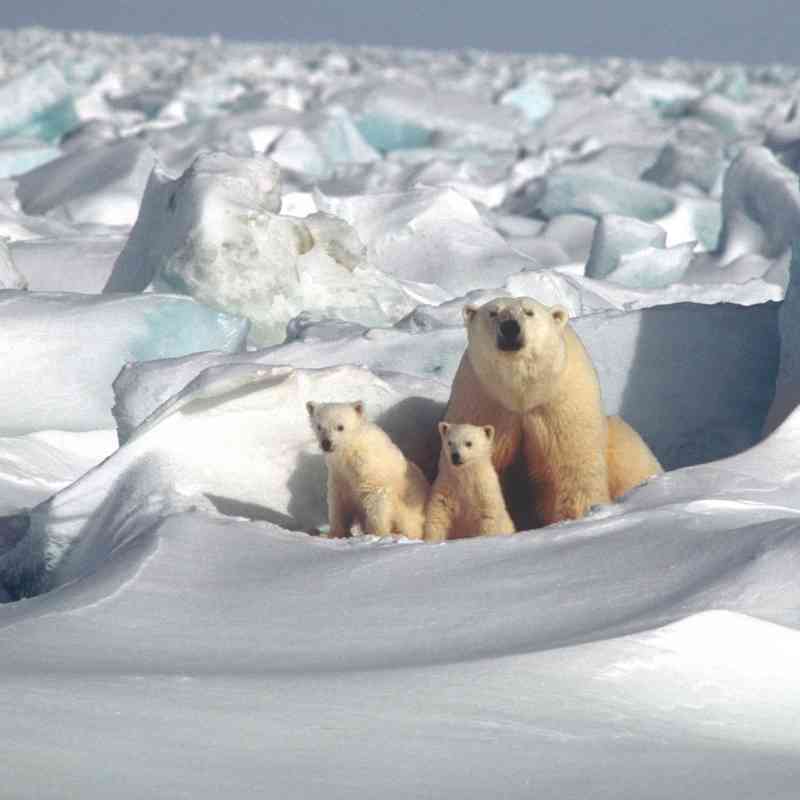A bipartisan coalition of 17 former Department of the Interior officials spanning the last 40 years sent a letter to Interior Secretary Ryan Zinke condemning a legal reinterpretation of the Migratory Bird Treaty Act (MBTA) that could result in the unregulated killing of birds.
“The MBTA can and has been successfully used to reduce gross negligence by companies that simply do not recognize the value of birds to society or the practical means to minimize harm,” the coalition wrote. “Your new interpretation needlessly undermines a history of great progress, undermines the effectiveness of the migratory bird treaties, and diminishes U.S. leadership.”
A copy of the letter can be found here: https://defenders.org/publications/mbta-zinke.pdf
The signers include former Deputy Secretaries, Assistant Secretaries, U.S. Fish and Wildlife Service Directors, and Migratory Bird Conservation Chiefs who had direct responsibilities for implementing migratory bird policies and served in their positions under every presidential administration from President Nixon to President Obama.
The following statement is from Jamie Rappaport Clark, president and CEO of Defenders of Wildlife and a former Director of the U.S. Fish and Wildlife Service under President Bill Clinton, who was one of the signatories on the letter:
“2018 is the 100th anniversary of the Migratory Bird Treaty Act. It is shameful that the Trump administration will celebrate this milestone by weakening this critical bedrock environmental law at the expense of thousands of migratory birds.
“This new legal interpretation flies in the face of what every administration since the 1970’s has held to be true: The Migratory Bird Treaty Act strictly prohibits the unregulated killing of birds. Instead, Trump’s Interior Department has gone out of its way to turn the Act’s straightforward language into a giant loophole for companies whose activities routinely kill birds.
“From the remotest wilderness to right in our own backyards, birds connect us to the glory of our natural surroundings. We must protect them today, and for the future.”
Background
The Migratory Bird Treaty Act enacted by Congress turns 100 this year, and has been read by federal agencies, including the Department of Justice and the courts, as protecting birds not just from unauthorized hunting but also from being trapped, poisoned or mangled by industrial operations. Migratory birds are increasingly threatened by land development, habitat loss and the effects of climate change.
On December 22, 2017, the Solicitor of the Department of the Interior issued a legal memorandum reversing the longstanding interpretation of the Migratory Bird Treaty Act to exempt industry – including the oil and gas industry, powerlines and wind energy – from compliance with the United States’ commitment under international agreements to protect migratory birds.
###
Defenders of Wildlife is dedicated to the protection of all native animals and plants in their natural communities. With nearly 1.2 million members and activists, Defenders of Wildlife is a leading advocate for innovative solutions to safeguard our wildlife heritage for generations to come. For more information, visit Newsroom.Defenders.org and follow us on Twitter @DefendersNews.
Defenders of Wildlife is celebrating 75 years of protecting all native animals and plants in their natural communities. With a nationwide network of nearly 2.2 million members and activists, Defenders of Wildlife is a leading advocate for innovative solutions to safeguard our wildlife heritage for generations to come. For more information, visit defenders.org/newsroom and follow us on Twitter @Defenders.


